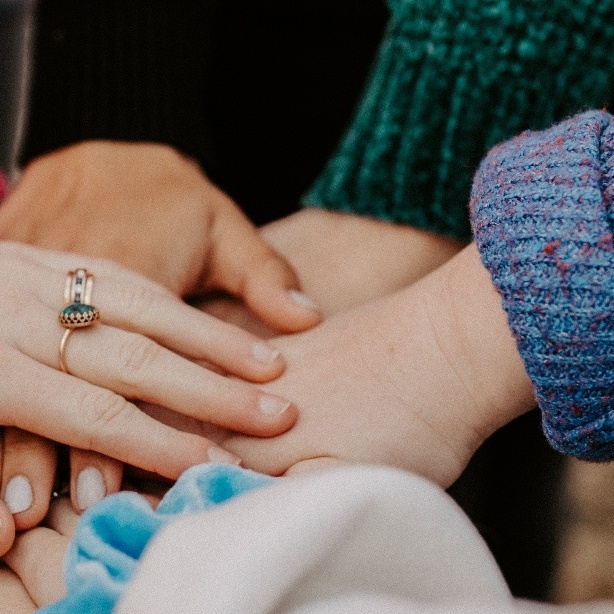No matter the age, there is no one path that leads to a fulfilling life. There are many. Psychotherapy is not a quick fix or an easy answer. It is a complex and rich process that, over time, enhances insight, reduces symptoms, and improves one’s functioning and quality of life. At M Kim O’Connor and Associates, we help clients in Westchester County, New York, and Greenwich, Connecticut, find the processes that work for them.
The Types of Therapy We Offer
There are many types of psychotherapy that involve different approaches, techniques, and interventions. At times, a combination of different psychotherapy approaches may be helpful and in some cases, a combination of medication with psychotherapy may be more effective. We are trained in and offer a variety of therapies. We assess the unique needs of every individual and family we work with and create treatment plans using techniques from the following therapies:
Acceptance and Commitment Therapy (ACT)
Developed in the late 1980s by Dr. Steven C. Hayes, ACT combines traditional behavioral therapy with mindfulness strategies to enhance psychological flexibility. This form of therapy helps us understand and accept our inner emotional struggles and commit to moving forward in positive ways.
Cognitive Behavior Therapy (CBT)
CBT helps improve moods, anxiety, and behavior by examining confused or distorted patterns of thinking. By understanding that thoughts cause feelings and moods which can then influence behavior. Research shows that CBT is effective in treating a variety of conditions, including depression and anxiety.
Dialectical Behavior Therapy (DBT)
DBT emphasizes taking responsibility for one’s problems by helping one to examine how to manage conflict and intense negative emotions. Research shows that DBT is effective in helping people who have chronic suicidal feelings and thoughts, and who engage in self-harmful behaviors.
Family Therapy
This type of therapy focuses on helping the family function in more positive and constructive ways by exploring patterns of communication and providing support and education. Couples Therapy is a specific type of family therapy that focuses on a couple’s communication and interactions (e.g. parents having marital problems).
Group Therapy
This is a form of psychotherapy that uses the power of group dynamics and peer interactions to increase understanding of people’s experiences. There are many different types of Group Therapy (e.g. psychodynamic, social skills, substance abuse, multi-family, parent support, etc).
Parent Management Therapy (PMT)
PMT is a form of Family Therapy that helps change parenting behaviors, teaching parents positive reinforcement methods for improving children’s disruptive behavior problems. It’s particularly helpful for aggression, hyperactivity, temper tantrums, and difficulty following directions and for children with Oppositional defiant disorder (ODD) and Conduct disorder (CD).
Play Therapy
Play therapy involves using toys, blocks, dolls, drawings, and games to help the child identify and verbalize feelings. Through a combination of talk and play the child has an opportunity to better understand and manage conflicts, feelings, and behavior.
Psychodynamic Psychotherapy
Psychodynamic psychotherapy emphasizes understanding the issues that motivate and influence one’s thoughts, feelings, and behavior. It can help identify a person’s typical behavior patterns, defenses, and responses to inner conflicts and struggles. Psychodynamic psychotherapies are based on the assumption that one’s behavior and feelings will improve once the inner struggles are brought to light.
Supportive Therapy
Supportive therapy provides support for coping with stress, identifying helpful and unhelpful behaviors, and improving self-esteem.





